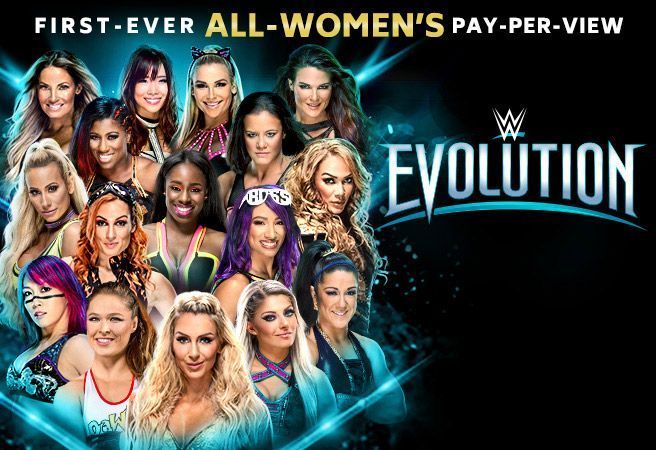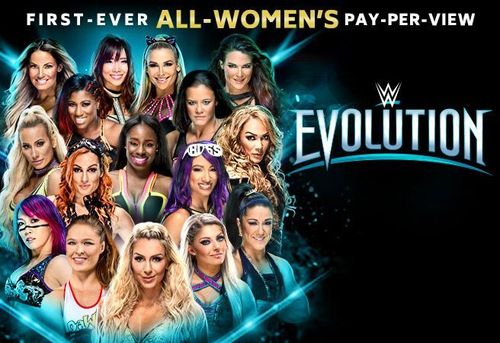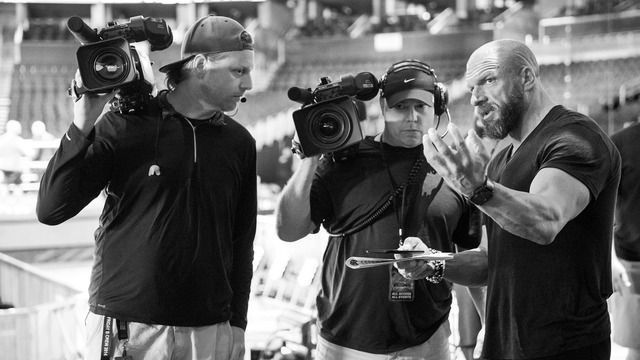
The people most responsible for WWE's women's revolution

With Evolution now a week away, WWE is likely to go into even fuller propaganda mode concerning the pay per view, especially given how controversial Crown Jewel still is.
The name "Evolution" itself is something of a propaganda term, because it's allowed WWE to rewrite history when it comes to its women's division. The "revolution" in the women's division that emerged around 2014-15 was meant to be just that - a break with the past, where women's wrestling was treated as a joke by the company. By using the term "evolution" instead, WWE has attempted to rewrite history according to its own fancy, which has also allowed the division to stagnate. Indeed, the Ronda Rousey vs. Nikki Bella main event is itself propaganda. It's a display of convenient amnesia as well as the failure of the division to follow up on the promise it showed in the middle years of the decade.
Despite what WWE says, Nikki Bella didn't elevate the division to something that would be worthy of having its own pay per view, and Stephanie McMahon, ever eager for cheap publicity and mainstream recognition, had nothing to do with the building of the women's division into something grand.
The people responsible for actually making the show possible will be detailed here in chronological order. Whether it emerges as something other than a disaster will be on them as well.
#1 Triple H

In 2012, Triple H took over WWE's talent division. Though it didn't seem likely at the time, this was, in fact, the first major step on the road to WWE's women's revolution.
Triple H's predecessor, John Laurinaitis, didn't care much for ring or character work. His practice was usually to hire fitness or bikini models with the purpose of being eye candy. The women's division in those times has earned its reputation as being a sideshow in between the important parts and John Laurinaitis' hiring practices guaranteed it would stay that way.
When Triple H took over, the people who came into WWE's doors were of a much different sort. He favoured wrestlers with independent experience who could go in the ring and tell good stories with their characters. Putting on a good show became the highest priority.
This was the time when the seeds were planted for things to come and it was Triple H that tilled the soil.